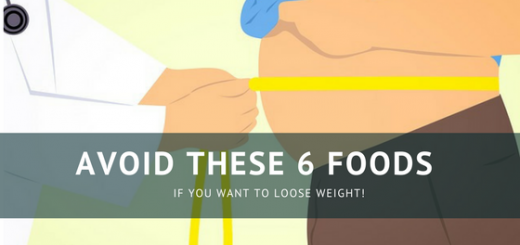All you need to know about plant based proteins
Proteins are the second-most abundantly found substance in the human body after water. Truly a building block, they are indispensable for growth and repair and are essential as a source of energy.
We derive proteins from both plant and animal-based food. Many health-conscious people make sure to incorporate eggs, dairy, and meat in their diets to enjoy a nutritionally rich platter. However, not many realize the significance of plant-based proteins.
Here are some facts about plant-based proteins:
Healthier protein
Studies show that plant-based proteins are not only as competent in muscle building as animal proteins, but are also nutritionally superior. Plant proteins do not contain saturated fat, trans-fat, cholesterol, hormones, antibiotic residue, and contaminants
We can inculcate this amazing nutritional source in our diet by eating more legumes, nuts, peas, soy, and lentils.
Prevents disease
Unlike animal-based diets, plant-based foods contain phytonutrients and antioxidants. Phytonutrients are incredible substances which are found only in plant-based foods and prevent us from grave illnesses like certain types of cancers, diabetes, and cardiovascular diseases. Interestingly, they are our only sources of dietary fiber which flush out harmful toxins from our bodies.
Increase your intake of plant proteins as they contain copious amounts of proteins, water and fiber and hence are instrumental in weight loss. Along with this, they are rich in calcium and potassium which is another reason to cheer.
Simpler source of nutrition
Since animals eat plants; non-vegetarian diets are nutrient rich. But as we ascend in the food-chain, we distance ourselves from the basic source of nutrition. Nourish your body with the original source of proteins and incorporate a wide variety of plant-based proteins in the diet by adding them to your meal.
To improve the nutritional composition of your diet, gradually replace other sources of proteins with plant proteins like legumes as often as you like. Add variety to your diet by incorporating plant proteins in salads, soups, dips, side dishes etc.
Nutritionally suitable for all age groups
A large number of dietitians in the country recognize plant-based diets as healthy and nutritionally adequate for people of all ages and life-cycle stages.
Plant-based diets are environmentally sustainable
The amount of resources (land, water, food) required to raise animals for their slaughter or milk production outweighs that which is required to grow plants. Thus plant-based diet is less environmentally intensive than a meat-based diet owing to the burden of animal agriculture on our planet.
Adults on an average require around 46 to 56 grams of protein daily which make up 10-35% of calories. Plant-based proteins are easier to digest and lighter on your gut. All of us can take a step forward and start including more greens in our diets. You can also go for soy-based meat alternatives. Use nuts in appetizing ways by adding them to desserts, salads, cereals, and yogurt.
So what are you waiting for? Paint the town green and start munching on these veggies for improved nutrition, higher immunity and intelligent weight management.




Leave a Reply